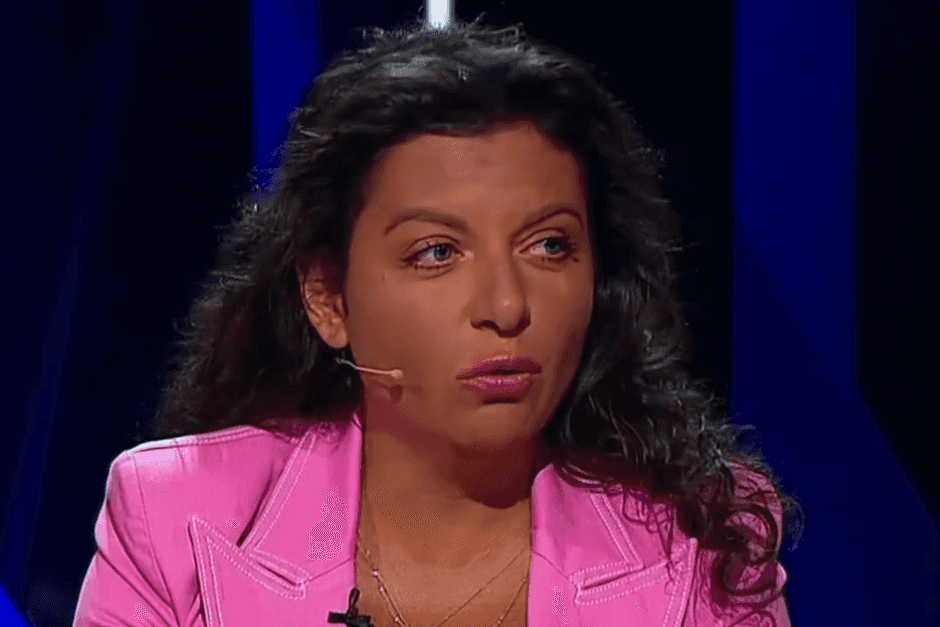
In a Brussels summit, Armenian Prime Minister Nikol Pashinyan and Azerbaijani President Ilham Aliyev agreed to establish a bilateral working group on border delimitation by the end of April and to instruct their respective Ministers of Foreign Affairs to ‘work on the preparation of a future peace treaty’.
The 6 March meeting, which lasted over three hours, was facilitated by President of the European Council Charles Michel.
According to a European Council statement released following the summit, the border delimitation working group, formally titled the ‘Joint Border Commission’ will ‘delimit the bilateral border between Armenia and Azerbaijan’ and ‘ensure a stable security situation along, and in the vicinity of, the borderline.’
Michel praised the meeting as ‘productive’ and that it had brought ‘concrete and tangible results’.
Armenia and Azerbaijan had previously agreed on establishing a bilateral working group for border delimitation at a meeting hosted by Russian President Vladimir Putin in November 2021.
Productive evening with @presidentaz and @NikolPashinyan with concrete and tangible results. Commitment to work on the preparation of a future peace treaty that would address all necessary issues.
— Charles Michel (@eucopresident) April 6, 2022
The meeting came after a spike in tensions between Armenia and Azerbaijan as well as renewed violence in Nagorno-Karabakh, during which Azerbaijani troops crossed the line of contact and took control of the village of Parukh (Farukh) before withdrawing following intervention by Russian peacekeepers.
Three soldiers from the Nagorno-Karabakh Defence Forces were killed and over a dozen were wounded during the clashes.
[Read more: Russia deploys more peacekeepers to halt ‘Azerbaijani advance’ in Nagorno-Karabakh]
Additionally, in March, for roughly three weeks, over 100,000 residents of Nagorno-Karabakh were left without heating in sub-zero temperatures after alleged issues with a natural gas pipeline that passed through Azerbaijan-controlled territory.
On March 12, the Azerbaijani Foreign Ministry had sent a five-point proposal to Armenia to establish a definitive peace agreement between the countries.
The Azerbaijani proposal calls for ‘sovereignty, territorial integrity, mutual recognition of international borders’; the cessation of ‘territorial claims’ against each other; an end to threats ‘to each other’s security in international relations’; the demarcation of borders and establishment of diplomatic relations; and the opening of lines of transport and communications.
The document remains silent on the specific question of the status of Nagorno-Karabakh.
Officials in Yerevan have signalled their agreement on the fundamental points of the agreement but noted that the rights of the Armenian population of Nagorno-Karabakh and the status of the region should be part of negotiations.
At a 7 April sitting of the Armenian government, Pashinyan stressed the ‘fundamental importance’ of ‘guarantees of the security of the people of Nagorno Karabakh and the protection of their rights and freedoms’ as well as the ‘clarification of the final status of Nagorno Karabakh’.
Protest in Yerevan
Prior to the Brussels meeting, over ten thousand protesters rallied in Yerevan led by Armenia’s parliamentary opposition parties. They called on the Pashinyan government to resign and not to make any concessions to Azerbaijan.
‘None of us present here wants war, but we can’t surrender to the butcher’, Aram Vardevanyan, a senior member of the Armenia Alliance, the largest opposition group in parliament, said during the rally.
During the rally, protesters briefly shut down Mashtots avenue, a major Yerevan thoroughfare.
Leaders of Armenia’s parliamentary opposition have accused Pashinyan of being willing to accept Baku’s reassertion of control over Nagorno-Karabakh without any official status for the region, as well as endangering Armenia’s territorial integrity.
For ease of reading, we choose not to use qualifiers such as ‘de facto’, ‘unrecognised’, or ‘partially recognised’ when discussing institutions or political positions within Abkhazia, Nagorno-Karabakh, and South Ossetia. This does not imply a position on their status.







